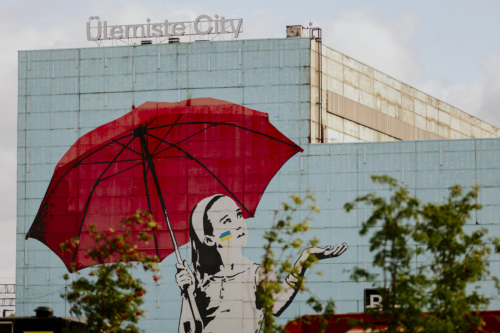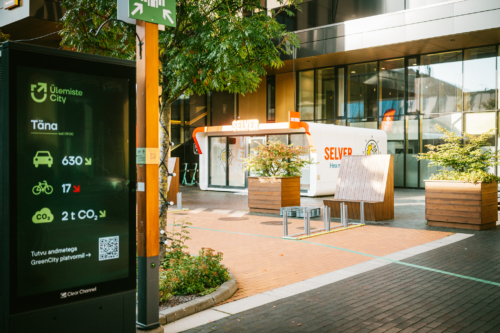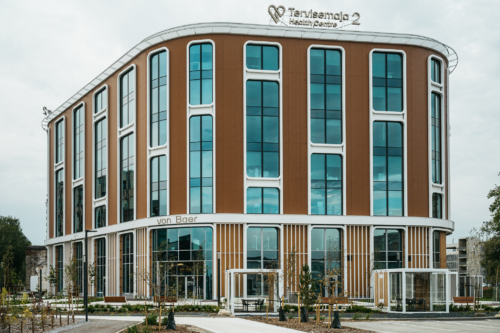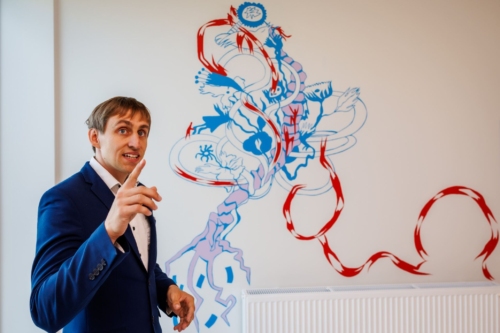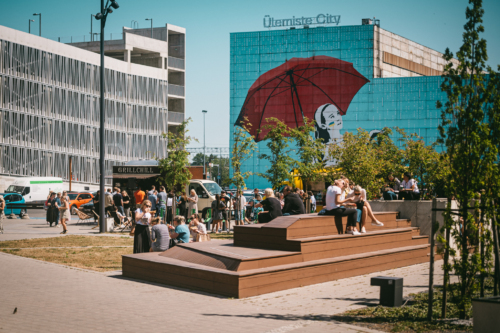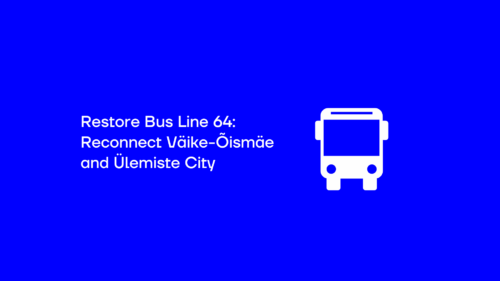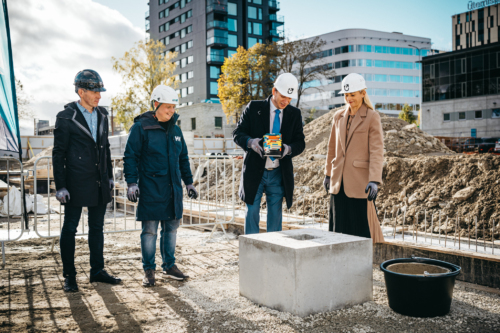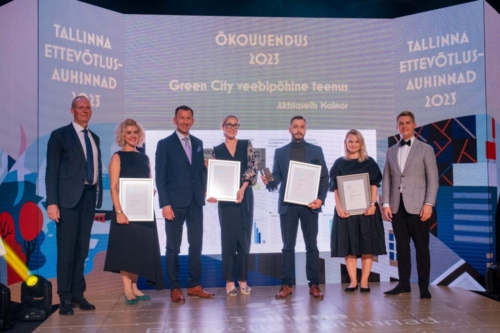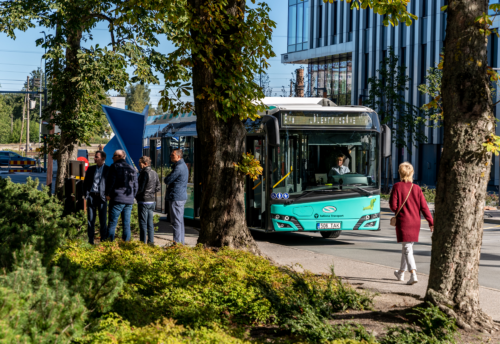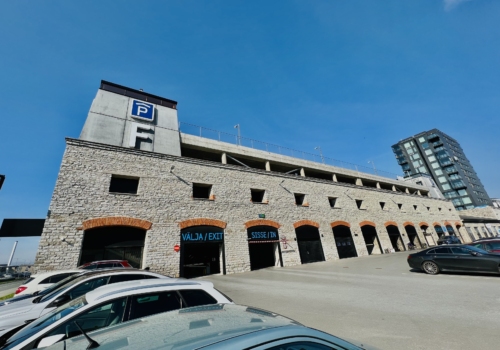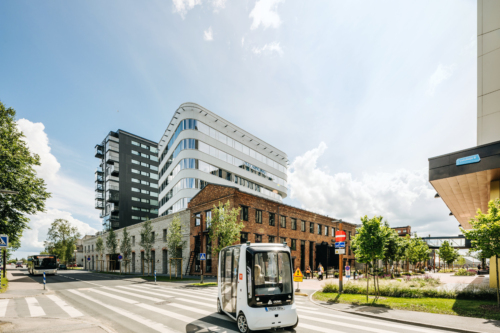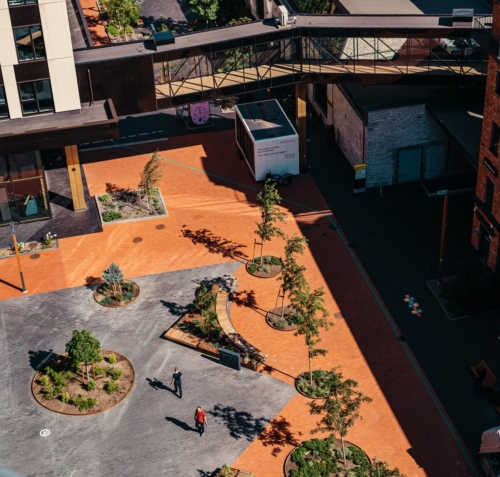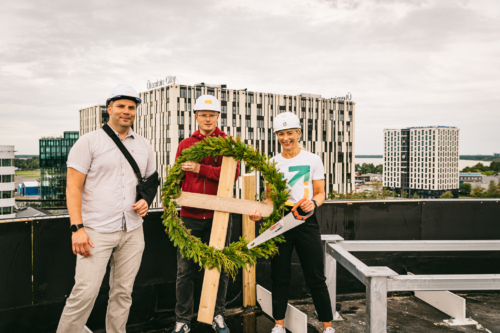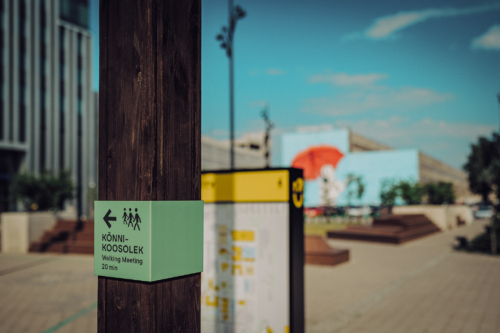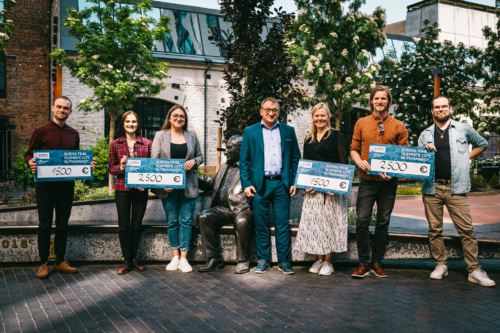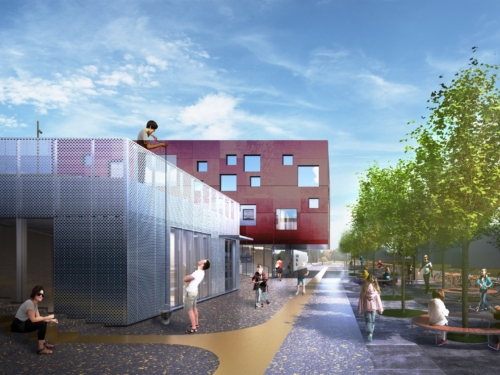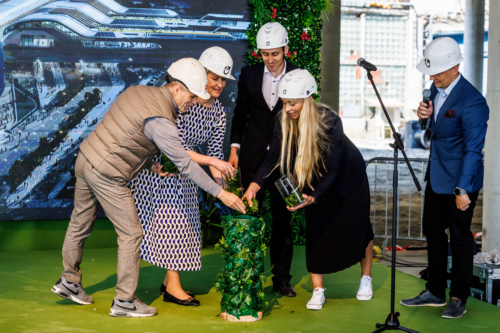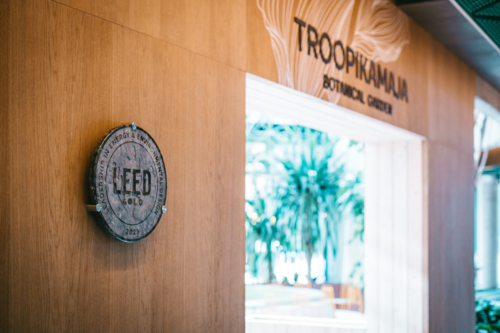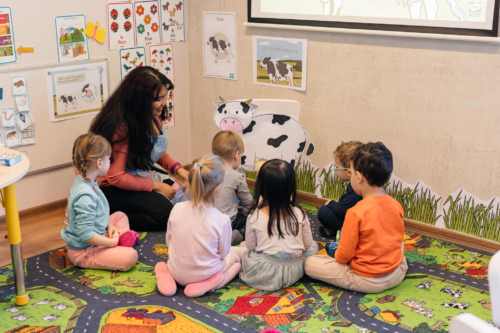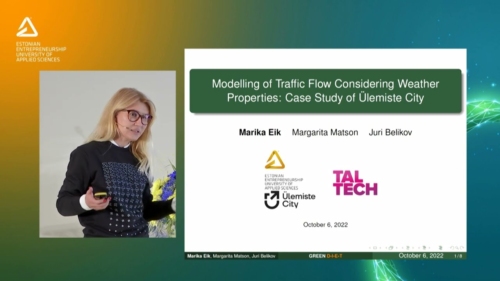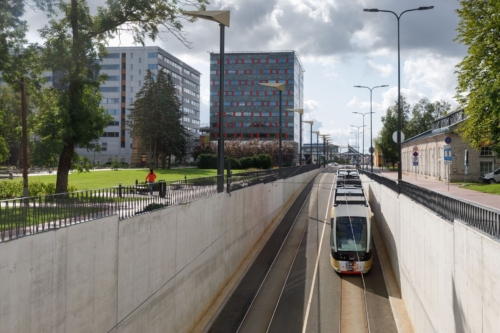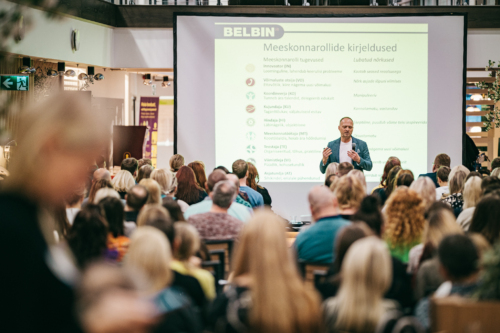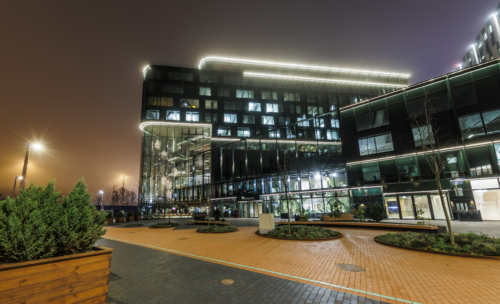A new school with an international curriculum received its activity licence
The Ministry of Education and Research issued the training licence for the International School of Tallinn, which will commence teaching in the autumn at the Ülemiste City campus, and will start providing English-language education pursuant to the internationally recognised International Baccalaureate (IB) curriculum.
‘We established an international English-speaking school at Ülemiste City, which will start providing IB education in the future, since we saw a clear need for it on the market,’ clarified Kadi Pärnits, Chairman of the Management Board of Mainor AS which established the school; according to her, people from over 50 different nationalities come to work at Ülemiste City alone, every day, and that we can expect a significant increase in the number of foreign specialists across Estonia.
The purpose of the International School of Tallinn is to cover the whole cycle from the elementary school to the end of upper secondary school, to ensure the opportunity to obtain an international education for children of all ages who have arrived in Estonia due to migration of their family.
‘Both SA Innove and the Ministry of Education and Research have had an important role in the quick establishment of the school; from them, we received quick feedback, constructive propositions and a positive attitude towards our endeavour,’ Pärnits added, but stated that the general policy regarding foreign labour is crucial in the successful development of the new school.
According to Pärnits, the internal resources of our labour market have largely already been utilised, and it is inevitable that people from abroad must be involved in the country. She believes that the steps so far in addressing the problem have been correct, but to achieve considerable results, it is necessary to act stronger and more systematically. ‘We need a smart and proactive migration policy which would enable the attraction of people to Estonia whose skills we lack, who can help us maintain our country, and who can carry forward our culture, both here and in the wide world.’
According to her, more attention should be turned to how well the acclimatisation of people who have arrived here has been organised; however, there are many shortcomings in this field. ‘It is necessary to agree on common goals and to join forces in the private and public sector so that the foreign specialists and also their families will feel good in Estonia – only then will they stay with us in the long term and contribute to the development of the country,’ commented Chairman of the Management Board of Mainor AS, Kadi Pärnits, according to whom, opening an English-language school with an international curriculum is one step towards this.
The school is preparing a joint action plan with the developer of Ülemiste City, to establish a contemporary and innovative school complex at the campus in the near future, where in addition to the international school, the Kalli-kalli kindergarten and Emili Kool will begin operating.
Mainor AS participates in the working group of independent citizens’ initiatives, which looks for solutions to challenges in Estonia originating from the decrease of population, and for opportunities for making Estonia more open. Participants in the working group are the Open Estonia Foundation, the Estonian Chamber of Commerce and Industry, the Estonian Employers’ Confederation, Mainor AS, Tallinn University of Technology, and the Network of Estonian Nonprofit Organizations EMSL.

